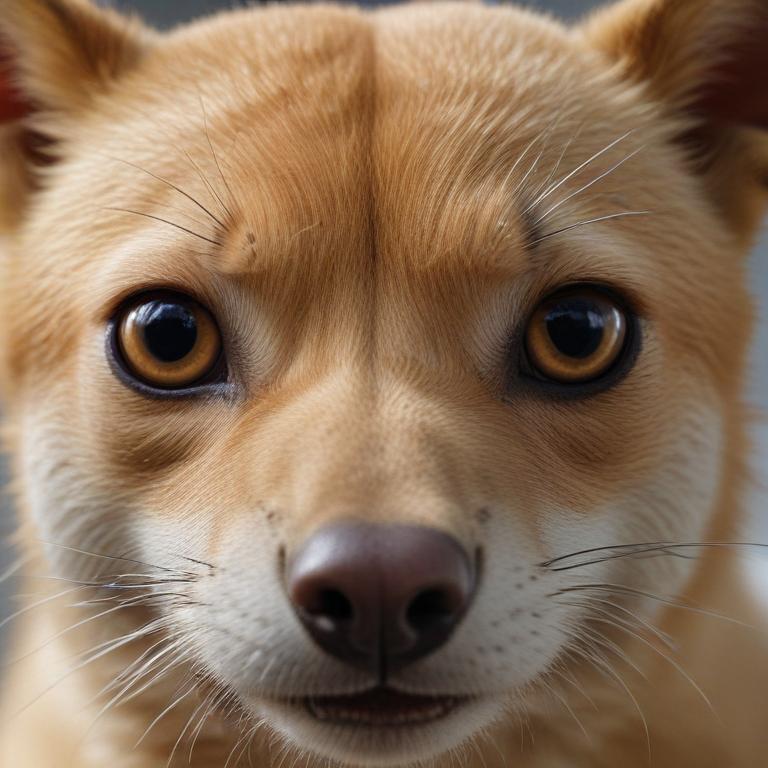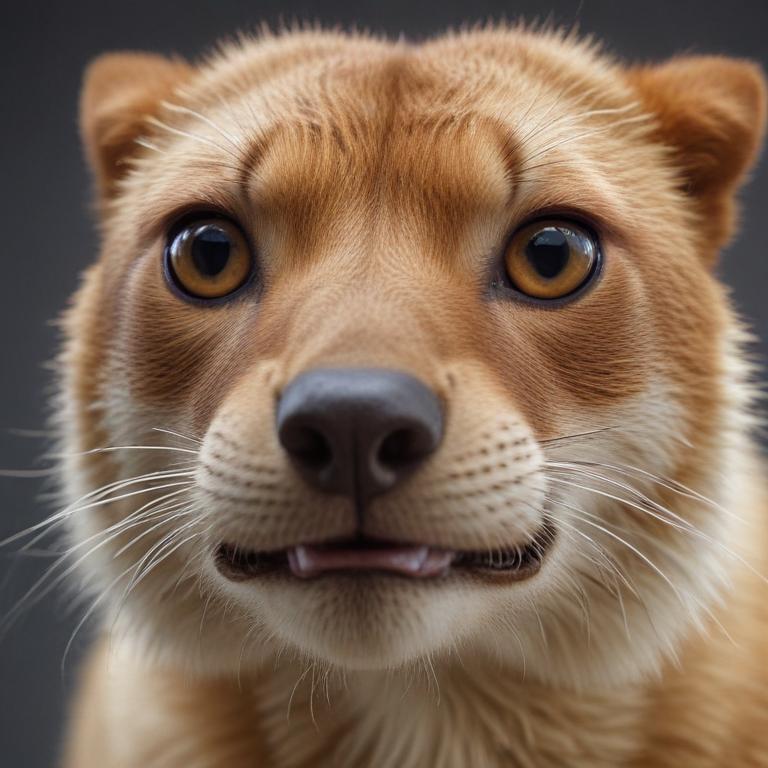发音 (Pronunciation):
IPA: /ˈænɪməl/
中文近似: '安尼玛尔'
中文意思与词性 (Meanings & Part of Speech):
- 动物 (n.)
- 有生命的生物 (信息待补充)
例句 (Examples):
1. The dog is a loyal animal.
(狗是一种忠诚的动物。)
2. There are many different kinds of animals in the world.
(世界上有许多不同种类的动物。)
用法提示 (Usage Tip):
注意 'animal' 指代的是生物界的动物,通常不包括植物。
更多关于 "animal" (More about "animal")
单词来源 (Etymology)
来源于拉丁语 'animalis', 意为“有生命的”,与拉丁语 'anima'(灵魂、生命)相关。
词根词缀解析 (Root & Affix Analysis)
词根 'anim-' 意为“生命”或“灵魂”,后缀 '-al' 表示“相关的”,所以 'animal' 是指与生命相关的生物。
“animal”的字母与词根个性化解读
字母象形/引申义 (个性化参考)
- 字母 'a' 的象形或引申含义可能包括: 牛角 (象形: 牛头, 力量, 能力); 下面宽上面尖 (形状) -> 延伸, 远处, 高处, 方向, 指示。
- 字母 'n' 的象形或引申含义可能包括: 水 (M=N); 鼻音 (nose); 突出/生长/新生; 门 -> 否定 (no, not); 连接; 音变: N=M=L=R。
- 字母 'i' 的象形或引申含义可能包括: 我 (an, any, one -> 人); 水滴 -> 水 (ice); 尖, 一点, 小 (inch); 元音互换: A=E=I=O=U=W=Y。
- 字母 'm' 的象形或引申含义可能包括: 山 (象形) -> 高大, 连接; 手 (男人劳动); 命令; 凸起 (嘴); 思维; 水面波纹; 音变: M=N=L=R; M=B=P=F=V。
- 字母 'l' 的象形或引申含义可能包括: 拉长, 长 (line); 舌头 -> 说 (language); 细, 少; 音变: L=M=N=R。
词根/组合解读 (个性化参考)
- 单词中的片段 'al' (源自词根/组合 'al') — 含义: 在远处(印欧语); 生长, 成长; 后缀:形容词/名词; (来源提示: 印欧语 al=在远处; A(高远)+L(拉伸); 后缀).
学习提示:以上针对单词 animal 的字母和词根解读,主要基于提供的特定象形及词根资料。这些提示旨在启发联想,而非绝对定论。更通用的记忆规则和原则请参考首页。英语词源复杂多变,实际应用中请结合更全面的词源词典和语言学知识进行深入学习。
常用词组 (Common Phrases)
- wild animal: 野生动物
- domestic animal: 家养动物
其他语言 (Other Languages)
- 德语: Tier
- 法语: animal
字母整体创意联想
单词 'animal' 中的 'a' 像一个动物的头,'n' 像动物的腿,'i' 像动物的身体,'m' 像动物的尾巴,'l' 像动物的另一条腿,整体形成一个动物的形象。
逐字母创意解读
中文谐音助记
‘动物’的发音类似‘安尼玛尔’,想象一个安静的动物在草地上漫步。
相关电影/名言
"The Lion King teaches us that we are all connected in the great circle of life, where every animal plays a role."
(《狮子王》教会我们,在生命的伟大循环中,我们都是相连的,每个动物都扮演着角色。)
- 《狮子王》(1994)
趣味知识/故事
‘animal’这个词在不同的文化中有着不同的象征意义,许多文化将动物视为灵魂的象征,代表着自然界的力量和智慧。
拓展信息
在生物学上,动物被分为许多不同的种类,包括哺乳动物、鸟类、爬行动物等。
动物在生态系统中扮演着重要的角色,维持生态平衡。
在文化中,动物常常被赋予象征意义,如勇敢、忠诚等。
网络参考 (More about "animal" from the Web)
Animal - Wikipedia
Learn about the biological kingdom Animalia, which includes multicellular, eukaryotic organisms with complex ecologies and interactions. Explore the diversity, history and cultural significance of animals, from the smallest to the largest, from the simplest to the most complex.
Animal | Definition, Types, & Facts | Britannica
animal, (kingdom Animalia), any of a group of multicellular eukaryotic organisms (i.e., as distinct from bacteria, their deoxyribonucleic acid, or DNA, is contained in a membrane-bound nucleus).They are thought to have evolved independently from the unicellular eukaryotes. Animals differ from members of the two other kingdoms of multicellular eukaryotes, the plants (Plantae) and the fungi ...
Animal Encyclopedia With Facts, Pictures, Definitions, and More!
Reptiles. Lizards, dinosaurs, crocodiles, turtles, and snakes - all belong to that ancient and stout class of animals known as the reptiles.This is a diverse group with more than 10,000 different species and a huge representation in the fossil record. Once the dominant land vertebrates on the planet, reptiles still occupy just about every single ecosystem outside of the extreme north and south.
更多图片 (animal More Images)

